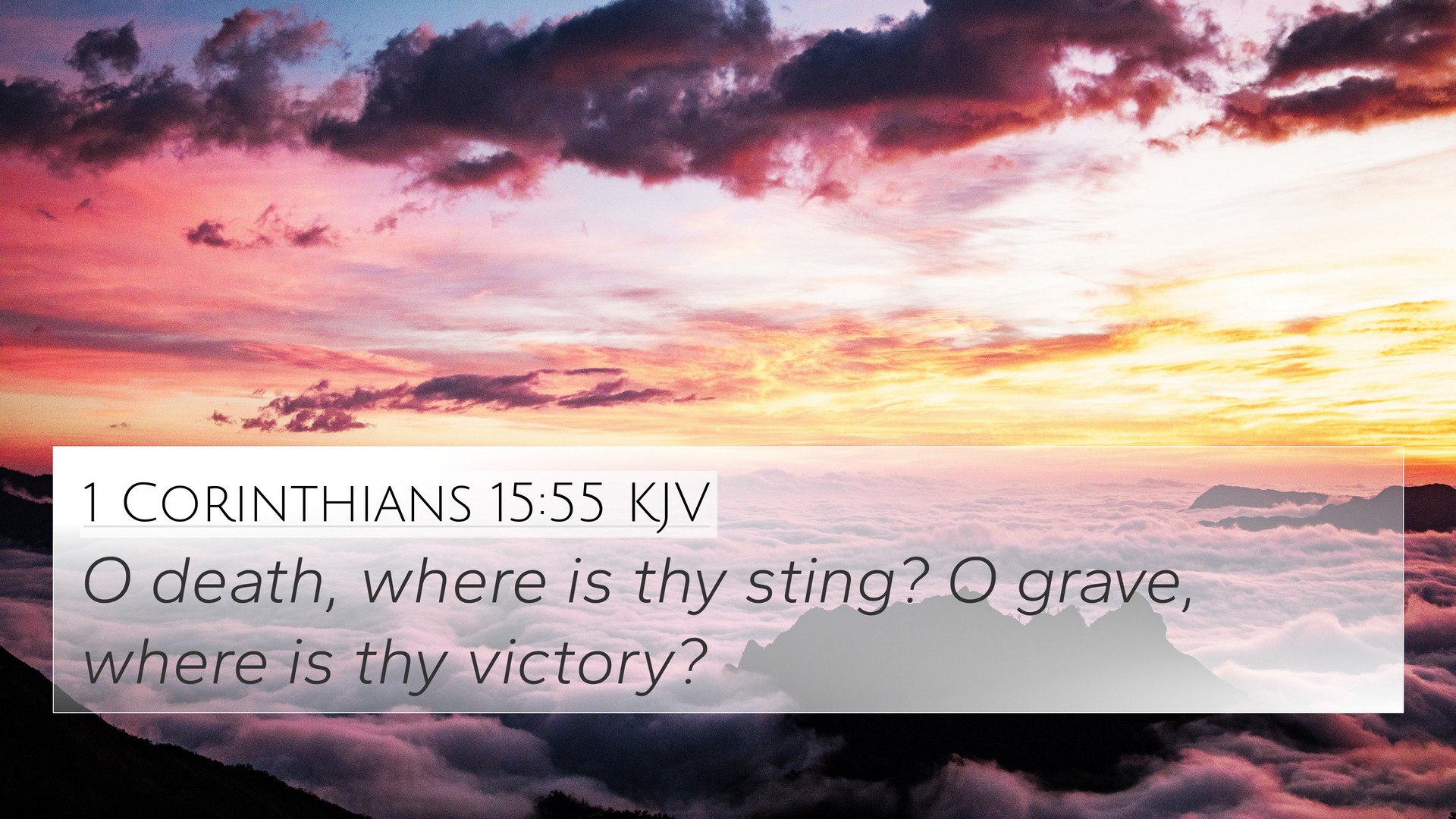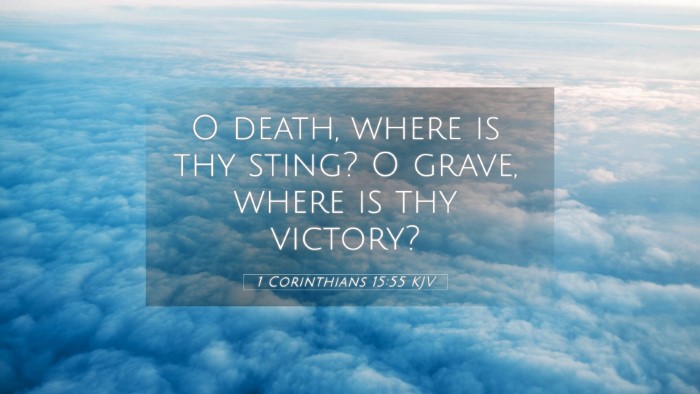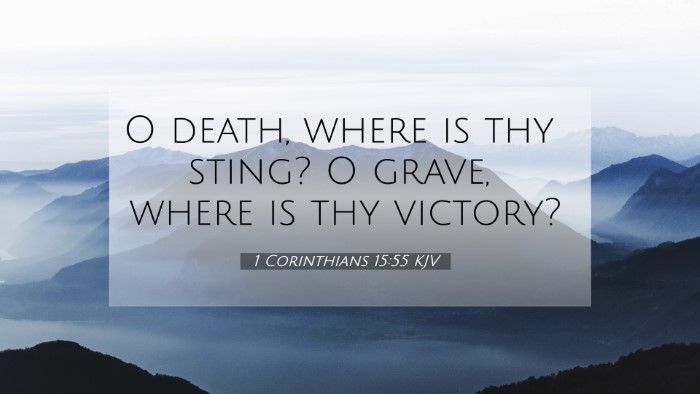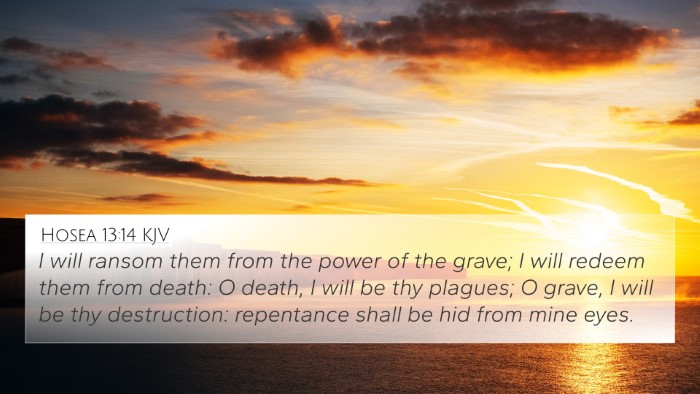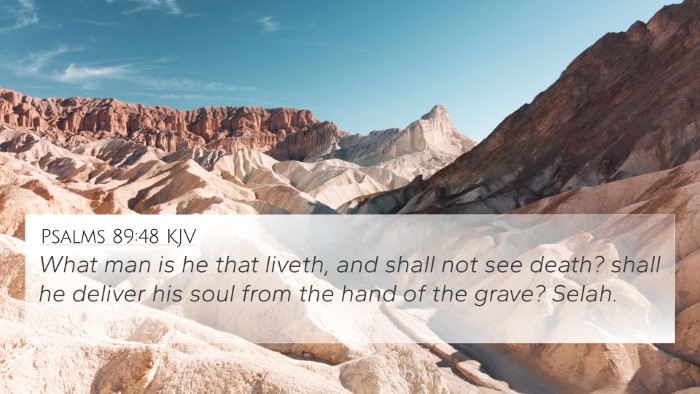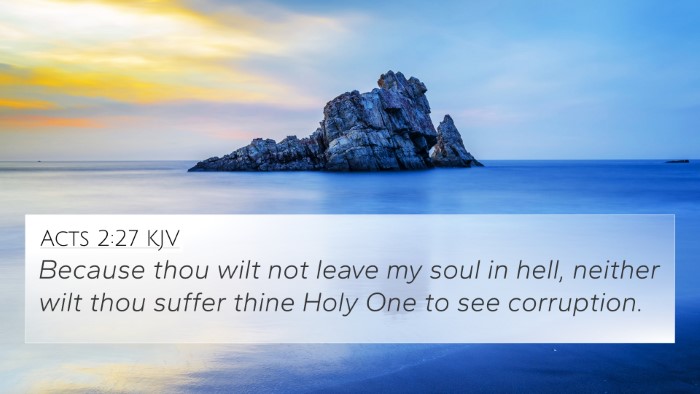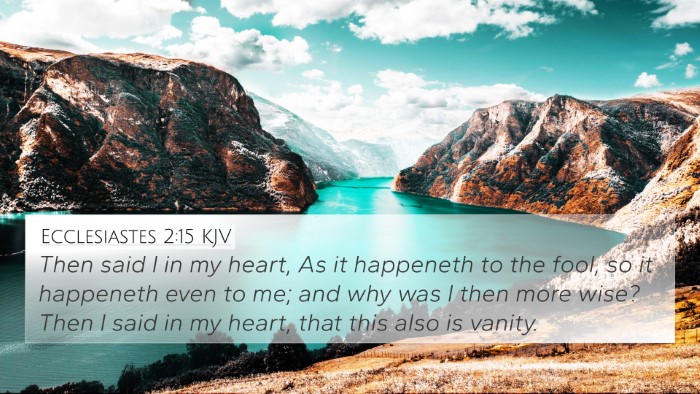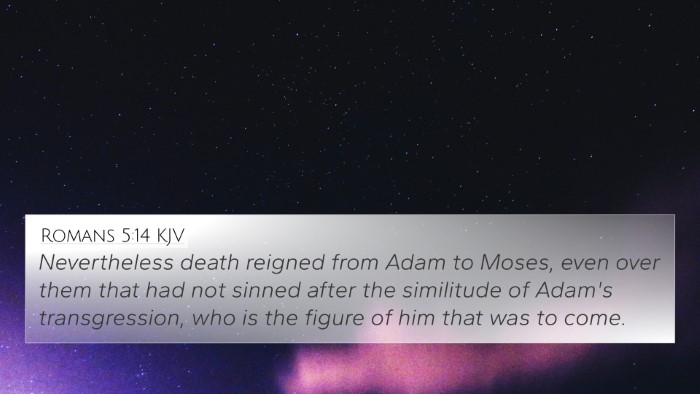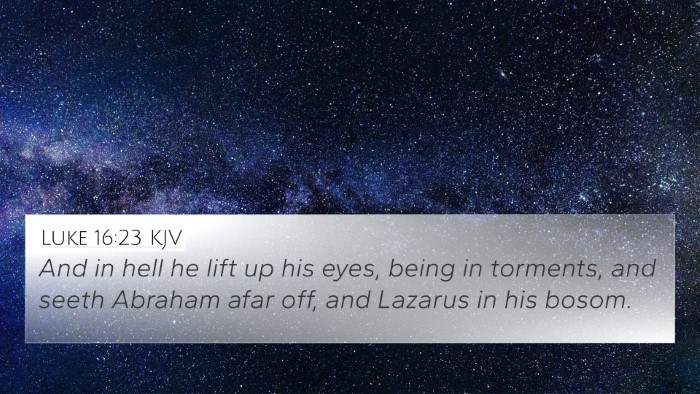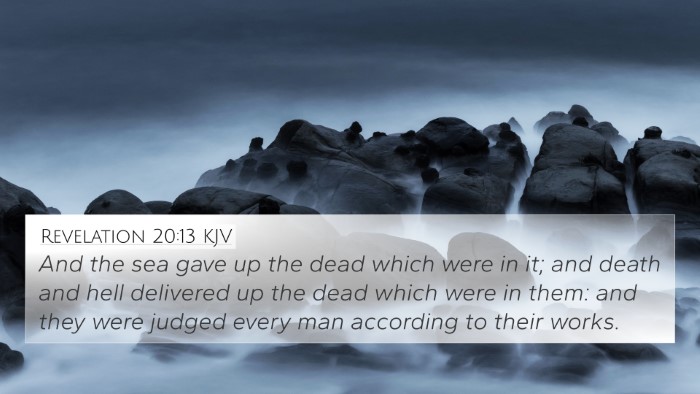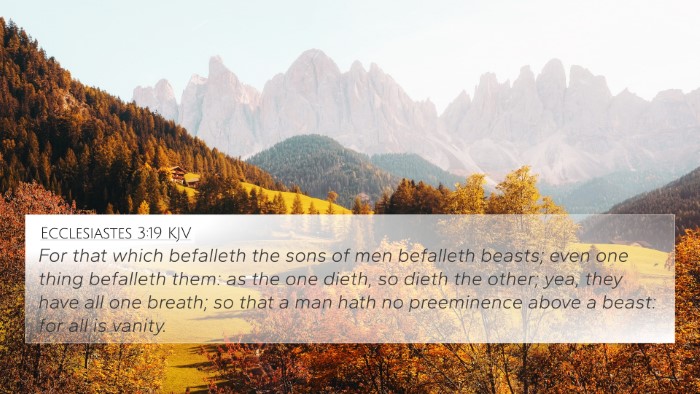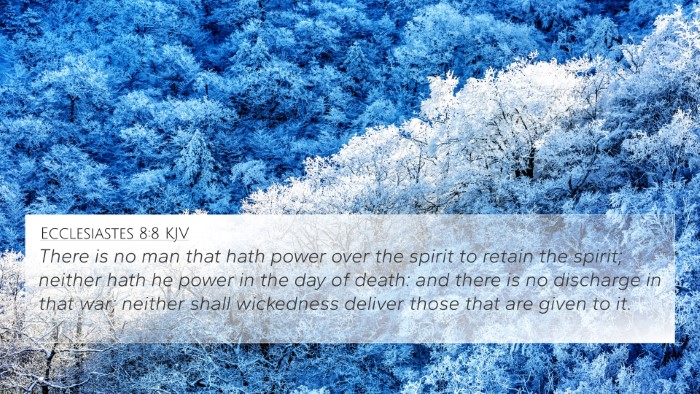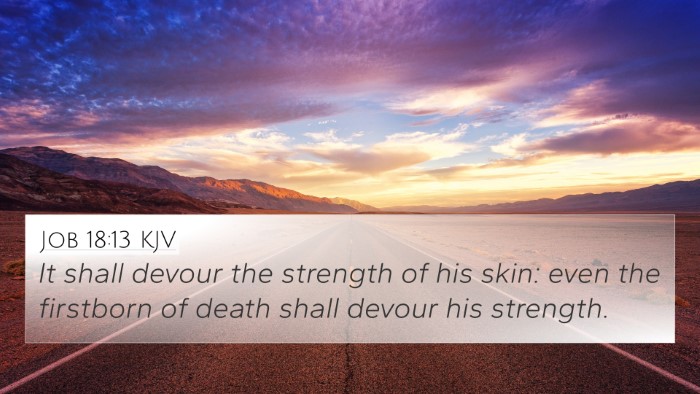Understanding 1 Corinthians 15:55
This verse encapsulates a profound declaration about the victory over death and the grave. In 1 Corinthians 15:55, the Apostle Paul triumphantly asks the rhetorical questions, "O death, where is thy sting? O grave, where is thy victory?" This statement is designed to evoke a strong response regarding the final conquest of death and its impotence in the light of resurrection.
Summary of Meaning
This verse stands at the heart of the Christian hope, particularly surrounding the resurrection of Jesus Christ and the promise of eternal life for believers. The questions posed by Paul highlight the total defeat of death. Death is not the end, but rather a transition to a more glorious existence.
Commentary Insights
Matthew Henry
Matthew Henry emphasizes the rhetorical nature of Paul’s questions. He notes that they serve to challenge the power of death and the grave. Henry explains that through Christ's resurrection, death has lost its sting and the grave its victory, signifying that believers can face death without fear.
Albert Barnes
Albert Barnes elaborates on the significance of the "sting" of death, which refers to the sin that leads to death. He explains that believers in Christ find freedom from the fear that sin brings, as Jesus has dealt with sin, and thus, death lacks power over them. The victory of the grave is nullified by the hope of resurrection.
Adam Clarke
Adam Clarke highlights the essential theme of hope and victory. He states that this verse embodies the assurance that, through faith in Christ, believers will not only conquer death but will also enjoy eternal life. Clarke points out that the promise made here is a celebration of what is to come—a profound victory over mortality.
Bible Cross-References
- Romans 6:23: "For the wages of sin is death; but the gift of God is eternal life through Jesus Christ our Lord."
- John 11:25-26: "Jesus said unto her, I am the resurrection, and the life: he that believeth in me, though he were dead, yet shall he live."
- Hebrews 2:14-15: "Forasmuch then as the children are partakers of flesh and blood, he also himself likewise took part of the same; that through death he might destroy him that had the power of death, that is, the devil; and deliver them who through fear of death were all their lifetime subject to bondage."
- Revelation 1:18: "I am he that liveth, and was dead; and, behold, I am alive for evermore, Amen; and have the keys of hell and of death."
- 1 Thessalonians 4:14: "For if we believe that Jesus died and rose again, even so them also which sleep in Jesus will God bring with him."
- Philippians 3:21: "Who shall change our vile body, that it may be fashioned like unto his glorious body, according to the working whereby he is able even to subdue all things unto himself."
- Isaiah 25:8: "He will swallow up death in victory; and the Lord God will wipe away tears from off all faces."
Connections Between Bible Verses
1 Corinthians 15:55 works in tandem with many verses throughout Scripture, establishing a cohesive message about the defeat of death and sin. This thematic bible verse connection showcases the overarching narrative of redemption found in both the Old and New Testaments.
Thematic Connections
Exploring the verse's connections to others encourages deeper understanding through comparative Bible verse analysis. Utilizing tools for Bible cross-referencing enhances study, guiding individuals in identifying how scriptural principles interconnect across different contexts.
How to Use Bible Cross-References
To engage with the Bible meaningfully, one can follow a systematic approach to cross-referencing Biblical texts. By identifying overlapping themes and messages, a more comprehensive understanding of doctrine emerges.
Inter-Biblical Dialogue
Through inter-Biblical dialogue, Christians can appreciate the continuity of Scripture where concepts like resurrection and eternal life are forthrightly discussed, fostering a deeper faith rooted in divine promises.
Conclusion
1 Corinthians 15:55 serves as a beacon of hope for believers, affirming that death has no power over them. By engaging with this and related verses, one unveils a grand narrative of victory and eternal life made possible through Jesus Christ, enhancing spiritual understanding and providing assurance of God's promises.
